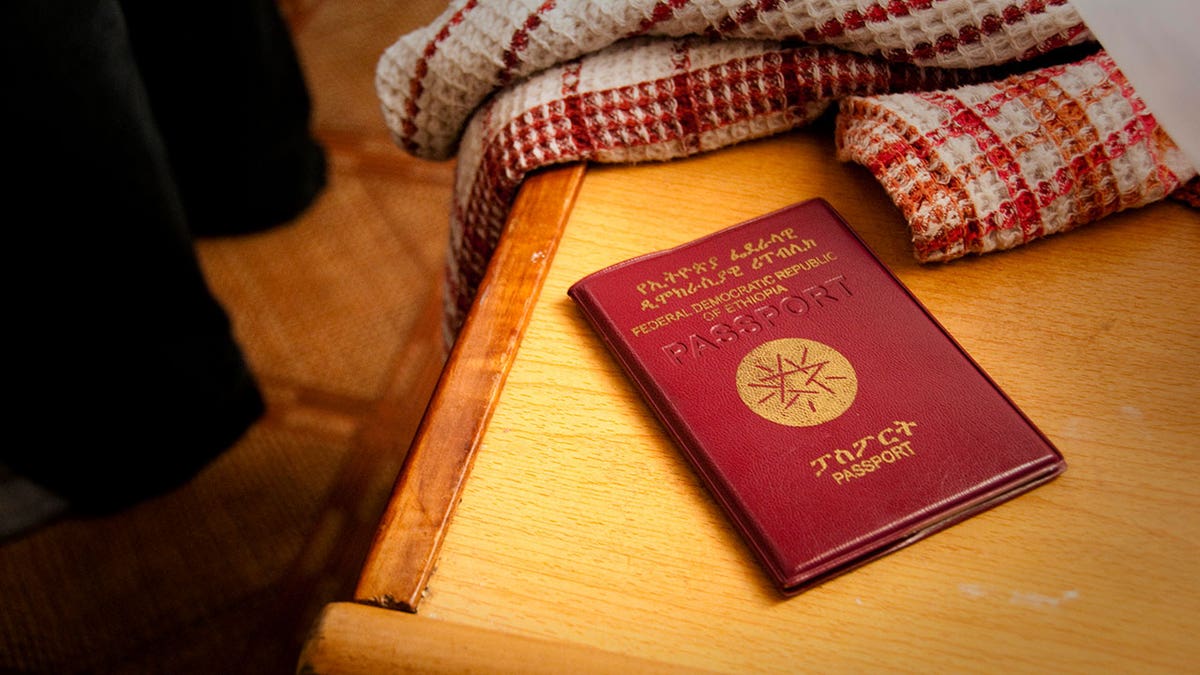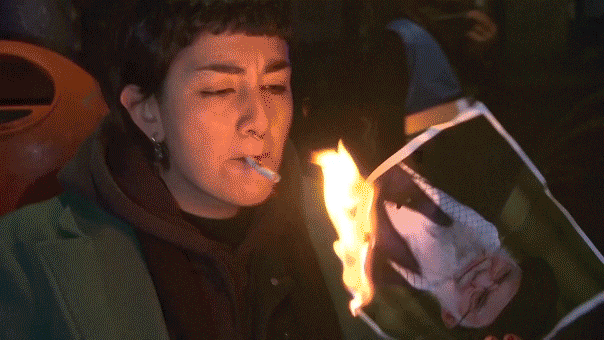Ethiopian government misleading the world: former Ethiopian ambassador
Fisseha Asgedom has the latest on Ethiopia's civil war and alleged human rights violations on 'Fox News Live.'
The European Union announced on Monday that it is tightening visa requirements for people from Ethiopia, accusing the government there of a failure to cooperate in taking back citizens found to be living illegally in the 27-nation bloc.
EU headquarters said the time it takes to process visas for Ethiopian nationals will triple from 15 to 45 days. EU countries will no longer be permitted to waive requirements for certain paperwork or issue multiple-entry visas. Ethiopian diplomats and officials will now have to pay for travel visas.
The EU’s executive arm, the European Commission, has vowed to use visa rules as a way of applying pressure on countries to cooperate in deportation procedures. Only around one in three people ordered to depart the EU ever actually leave.
FUNDRAISING EFFORT FOR CONFLICT-HIT ETHIOPIA GARNERS $630M, JUST OVER HALF OF $1B GOAL
The Commission says the action is being taken due to "a lack of response from the Ethiopian authorities with regard to readmission requests," as well as shortcomings with "the organization of both voluntary and non-voluntary return operations," which is the way the EU describes deportation.

A passport of an Ethiopian fighter pilot is seen at a residence in Tok Mok, Kyrgyzstan. The European Union is tightening visa requirements for people from Ethiopia, it was reported on April 29, 2024. It says the government there is not cooperating on the deportation of citizens found to be living illegally in the bloc. (AP Photo/Dalton Bennett, File)
Most people staying illegally in the EU arrive without breaking any rules via airports or ports but never go home once their visas expire, outnumbering those who arrive on unseaworthy boats or travel overland in search of refuge, jobs or better lives in Europe.
CLICK HERE TO GET THE FOX NEWS APP
Ethiopia is mired in conflict and a humanitarian crisis. The two-year conflict in the northern Tigray region, which ended with a peace deal in November 2022, left most of the region’s population of 6 million relying on international help.
The country is both a major place of origin and transit for migrants and refugees in the Horn of Africa region, often serving as a hub for people from Eritrea and Somalia aiming to reach Europe or other northern parts of the African continent.








































